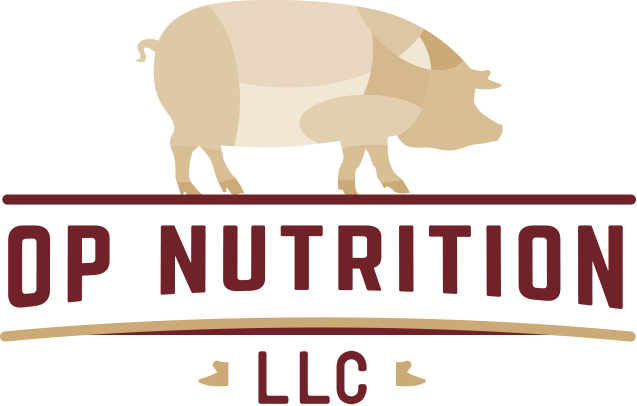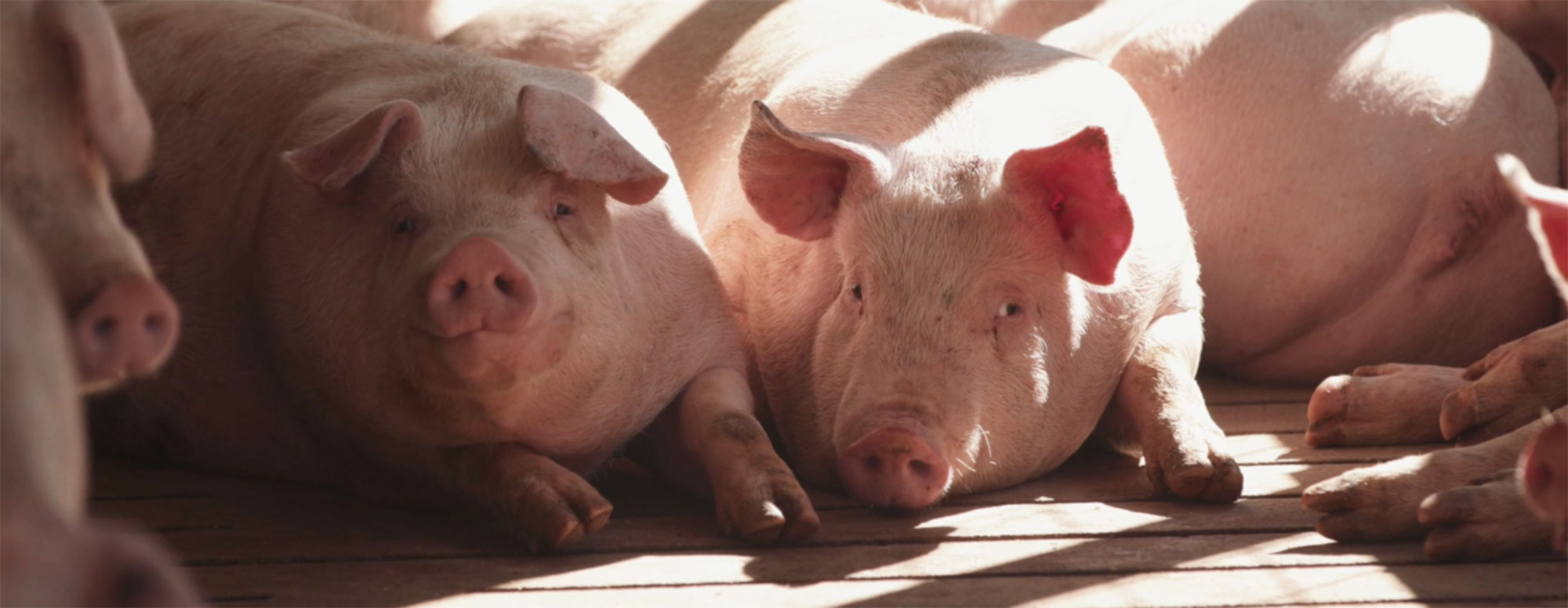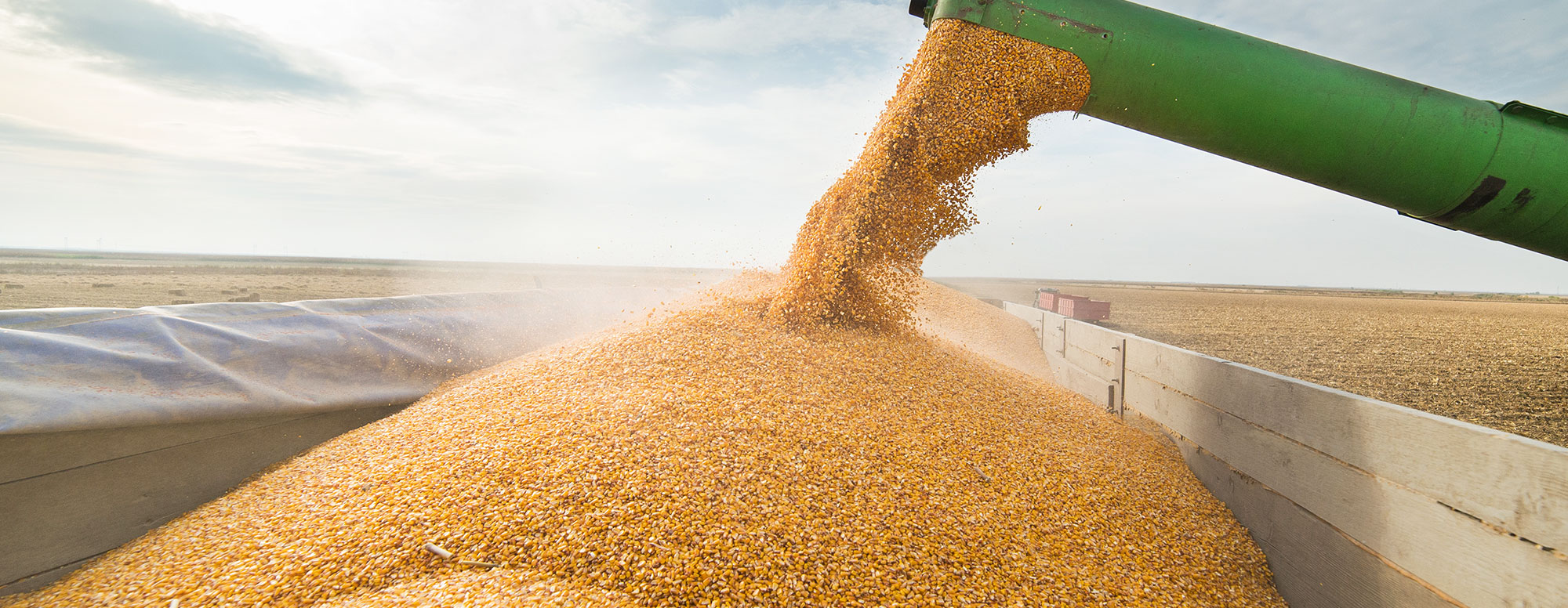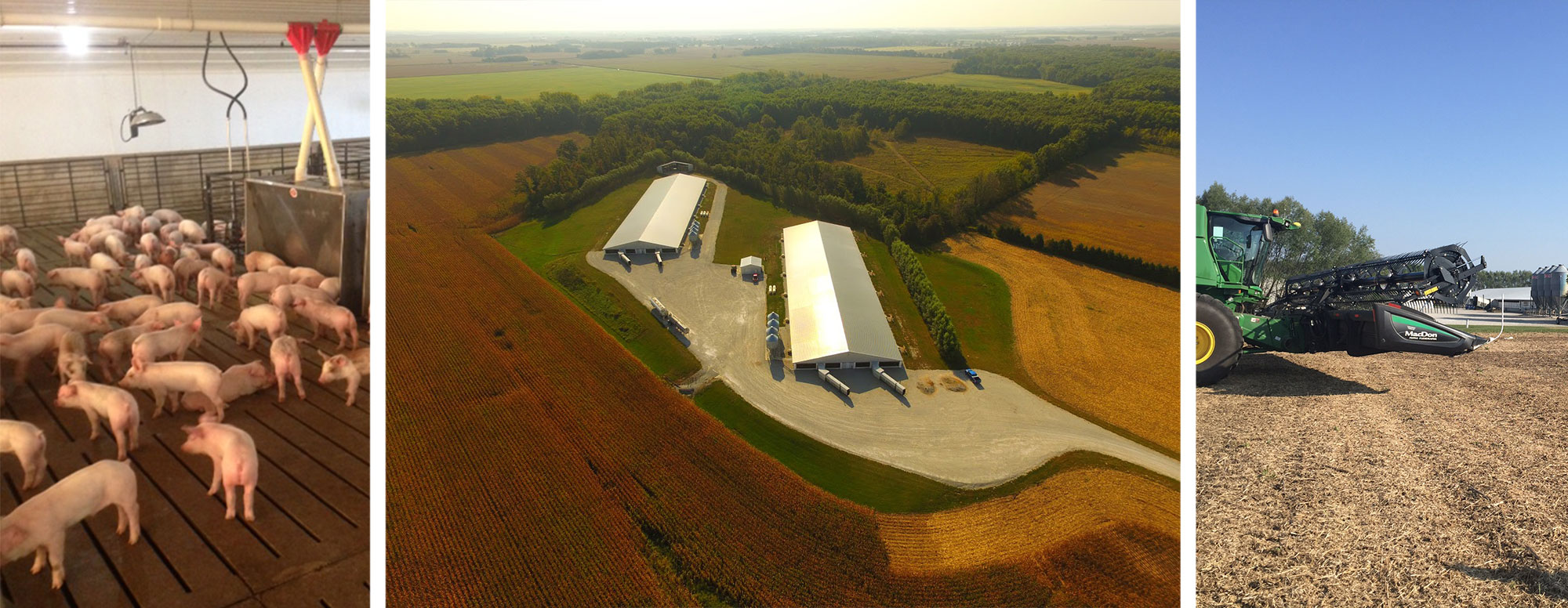Contract Options
Below is a list of the four contract types we offer.
Forward
Also known as a “cash” or “priced” contract, a forward contract lets you negotiate a fixed price for a specified quantity and quality to be delivered in the future.
click for details
Pros
- Simplest form of contract
- Guarantees a cash price
- Protects you against potential downturns in market prices
Cons
- Prevents you from taking advantage of potential upturns in market prices
Example
- On February 15, you set a $3.65 cash price for corn you’ll deliver in November.
Fixed-Basis
This type of contract lets you lock in a basis now but lock in a futures price at a later date.
click for details
Pros
- Allows you to take advantage of future improvements in the market
- Allows you to deliver grain based on contracts and storage availability
- Avoid storage fees
Cons
- Protects you from only a fraction of price risk—the risk of fluctuating futures is greater than basis risk
- Puts responsibility on you to heed market variance and decide best time to set cash price
- Puts risk on you to absorb any severe changes in price levels over the duration of the contract
Example
- On March 1, you lock in a basis of -$0.17 for November board price to be delivered in October. The current Chicago Board of Trade price for November is $4.11, so your cash price on March 1 would have been $3.94. However, with your Fixed-Basis Contract, you wait until April 25 and establish your futures price when the CBoT has it at $4.58. Your cash price is now $4.41.
Firm Offer
Also known as a “target” contract, this type of contract allows you to name your target price, delivery month, quantity and duration for which your offer stands. If the market hits your target price during that duration, we contact you to establish a contract.
click for details
Pros
- Allows you to take advantage of market opportunities
Cons
- If your target price is never met, you will need to seek other arrangements for selling
Example
- On February 1, you establish a Firm Offer contract to deliver 10,000 bushels in October should the futures price reach $5.74 between February 1 and August 30. On July 12, the futures close at $5.83, at which point we contact you with a written contract for your proposed delivery.
Deferred Payment Option
This type of option allows you to receive payments at a later date after delivery. The date on which payment is made is to be scheduled will be negotiated with your Agrex representative. This type of option can be applied to both Forward and Fixed-Basis contracts in partial or in full.
click for details
Pros
- The deferred payment date can be any date of your choice
- Can be beneficial for cash flow or tax purposes as it allows you to distribute some of your income throughout a year or across tax years.
Cons
- Payment isn’t made until order is priced
- Depending on the other conditions of your deferred payment plan, price risk may be unlimited
- Ownership transfers to buyer and handling or storage fees may apply
Example
- You deliver and sell 10,000 bushels of corn in October and set up a deferred payment to be made in January of the following year.





